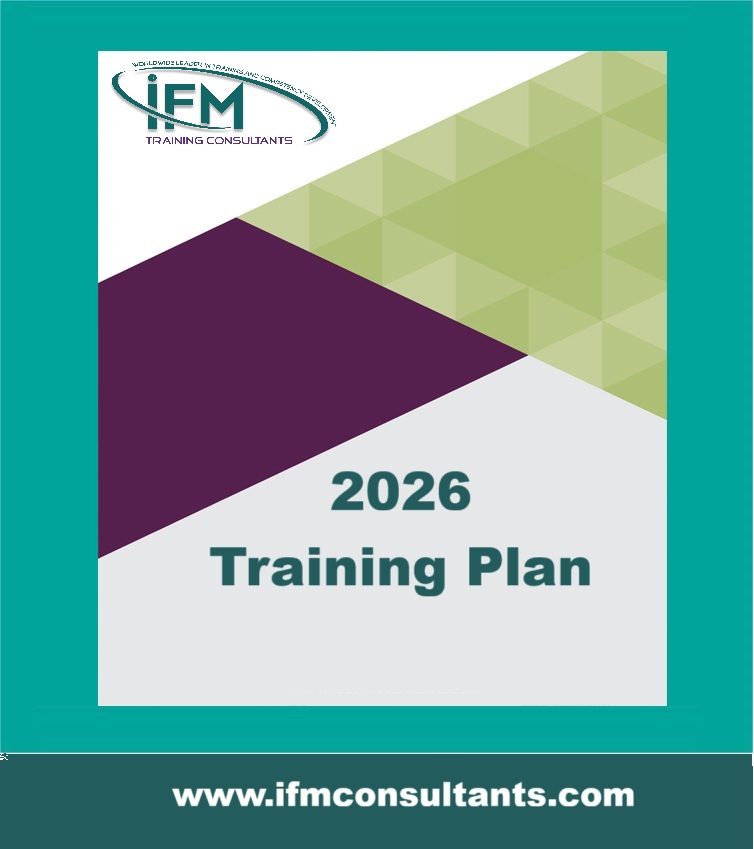Evaluating Collaborative Development Opportunities
| Start Date | End Date | Venue | Fees (US $) | ||
|---|---|---|---|---|---|
| Evaluating Collaborative Development Opportunities | 16 Nov 2025 | 20 Nov 2025 | Riyadh, KSA | $ 3,900 | Register |

Evaluating Collaborative Development Opportunities
| Start Date | End Date | Venue | Fees (US $) | |
|---|---|---|---|---|
| Evaluating Collaborative Development Opportunities | 16 Nov 2025 | 20 Nov 2025 | Riyadh, KSA | $ 3,900 |
Introduction
This training course on Evaluating Collaborative Development Opportunities is concerned with one of the most important activities in the development of business-critical analysis and evaluation of potential investors and partners. All businesses are becoming more complex in structure, technology, competition, and strategic choice. Consequently, a company’s relationships with potential investors and partners now require a significantly higher standard of appraisal and focus than has been the case in the past. This high-level 5-day training course will concentrate on the application of leading-edge tools and techniques of due diligence in evaluating opportunities for creating effective relationships with these two strategically significant stakeholder categories.
Due diligence is multi-dimensional. It is based on an understanding of needs and objectives of potential investors and partners; their decision criteria; their compatibility with the strategic and operational objectives of our own company; and finally it requires a structured process by which attraction and integration of new investors and partners can be accomplished effectively in order to sustain continuous improvement in the profitable growth of the company.
This training course will highlight the following key topics:
- The changing dynamics of global business
- Due diligence in the financial appraisal of potential investors and partners
- Due diligence in the non-financial appraisal of potential investors and partners
- The specific risks and rewards of development by alliances and joint ventures
- Integrating collaborative relationships into your business strategy
Objectives
- Identify the required characteristics of new investors and partners
- Evaluate the past performance and future potential of new investors and partners
- Select and engage with new investors and partners
- Anticipate and deal with the challenges of integrating new investors and partners
- Measure the strategic impact of adding the new relationships
By the end of this training course participants will be able to:
Training Methodology
This is an interactive course. There will be open question and answer sessions, regular group exercises and activities, videos, case studies, and presentations on best practices. Participants will have the opportunity to share with the facilitator and other participants what works well and not so well for them, as well as work on issues from their own organizations. The online course is conducted online using MS-Teams/ClickMeeting/WebEx.
Who Should Attend?
This training course is designed to be relevant for a wide range of experienced professionals - for example, the following categories of managers:
- Corporate Finance Officers
- Strategic Planners and Investment Analysts
- Internal Auditors and Management Accountants
- Operations and Supply Chain Managers
- Merger and Acquisition Specialists
- Organisational Development Specialists
Course Outline
DAY 1: The Basics of Due Diligence in Business Decisions
- The Changing Dynamics of Global Business
- The Strategic Relevance of Due Diligence in Market Analysis
- The Strategic Relevance of Due Diligence in Financial Management
- The Strategic Relevance of Due Diligence in Merger and Acquisition
- The Strategic Relevance of Due Diligence in Business Planning
DAY 2: Due Diligence in Market Analysis
- Market Analysis (1) – Data Search and Business Intelligence
- Market Analysis (2) – Analytical Tools and Techniques
- How attractive is the market sector that we are evaluating?
- How strong is our performance in this market sector?
- What is the potential for sustainable profitable growth?
DAY 3: Due Diligence in Financial Management
- Profit and Loss Statement – What this signifies?
- Balance Sheet – What this signifies?
- Cashflow Statement – What this signifies?
- Evaluating the Financial Anatomy – Structure and Gearing
- Evaluating the Financial Anatomy – Robustness and Sustainability
DAY 4: Theme: Due Diligence in Risk Analysis and Risk Management
- Identification of Types of Risk in this Company
- Quantitative and Qualitative Tools and Techniques of Risk Analysis
- Best Practice in Risk Management – A Structured Process
- The Emerging Concept of “Risk Engineering”
- International Standards and Requirements of Corporate Governance
DAY 5: Theme: Due Diligence in Strategic Planning
- What is the strategy and why is it important?
- Alternative Approaches to Strategic Planning
- Management and Control – dealing with variance and divergence
- Balancing Short-term and Long-term Programs and Projects
- Example of a Strategic Planning Framework
- Discussion and Plan – How to apply themes 1-5 in your company?

















